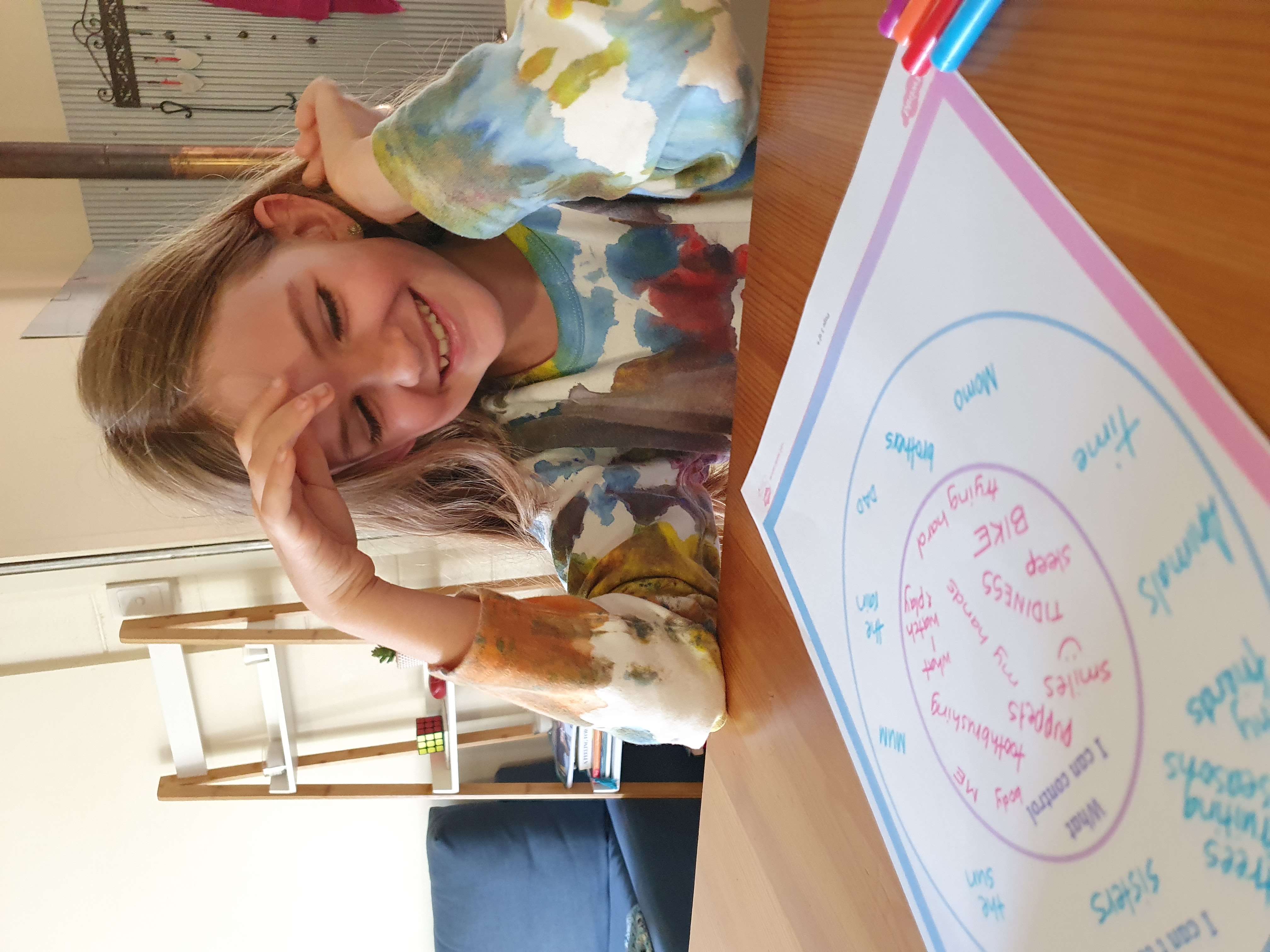Depth over Breadth
How does homeschooling encourage critical and lateral thinking, growth mindset, and other ways to view the world?
Flexible Curriculum: Homeschooling allows parents to choose materials and resources that promote problem-solving, analysis, and creativity.
Individualised Instruction: In a homeschooling environment, children receive the one-on-one or small-group instruction that is held up as the ultimate education setting in most educational theory taught to teaching students today.
Emphasis on Depth over Breadth: Homeschooling doesn't have to adhere strictly to a fixed curriculum. Parents can delve deeper into subjects that interest their children. In fact, many families focus only on the child or family's interests and all learning stems from there. This allows for a more profound understanding and encourages critical thinking by exploring topics in greater detail.
Encouraging Curiosity: Homeschooling often encourages a love of learning and a sense of curiosity. This natural desire to explore and understand the world fosters critical thinking as children become more motivated to seek answers to their questions and solve problems. It also encourages curiosity about the self, and other people, and can increase emotional intelligence as well.
Hands-On Learning: Homeschooling allows for hands-on learning experiences, experiments, and practical applications of knowledge. These activities engage children in critical thinking as they observe, analyse, and draw conclusions from their experiences.
Discussion and Debate: Homeschooling environments typically provide more opportunities for open discussion and debate. Engaging in conversations with family and peers on various topics promotes critical thinking by requiring children to defend their ideas, consider alternative viewpoints, and form well-reasoned arguments.
Encouragement of Self-Directed Learning: Homeschooling often emphasises self-motivated learning. In fact, I know of very few teenagers who rely on a parent or tutor to lead their daily learning activities. Children and young adults learn to take ownership of their education and make choices about what they want to study. This fosters independence and the development of critical thinking skills.
Problem-Solving Opportunities: Homeschooled children can engage in real-life problem-solving experiences, whether it's in the context of home management, entrepreneurial projects, or community involvement.
Interdisciplinary Learning: Homeschooling often allows for the integration of different subjects, which promotes the development of critical thinking. Children learn to see the connections between various disciplines and apply knowledge from one area to another. Once learning across many subject areas, it seems impossible to compartmentalise them!
Real-World Application: Homeschooling can easily facilitate opportunities for children to apply their knowledge in practical, real-world situations.
In essence, homeschooling encourages critical and lateral thinking by providing an environment that values curiosity, individualised learning, open discussion, hands-on experiences, and the application of knowledge to real-world situations. By tailoring the educational experience to the child's needs and interests, homeschooling promotes a deep and meaningful understanding of subjects, which is fundamental to critical thinking development. And being situated in the home and in the community, with people who love you, leads to some amazing conversations and incidental learning and growth on an emotional and spiritual level as well.





